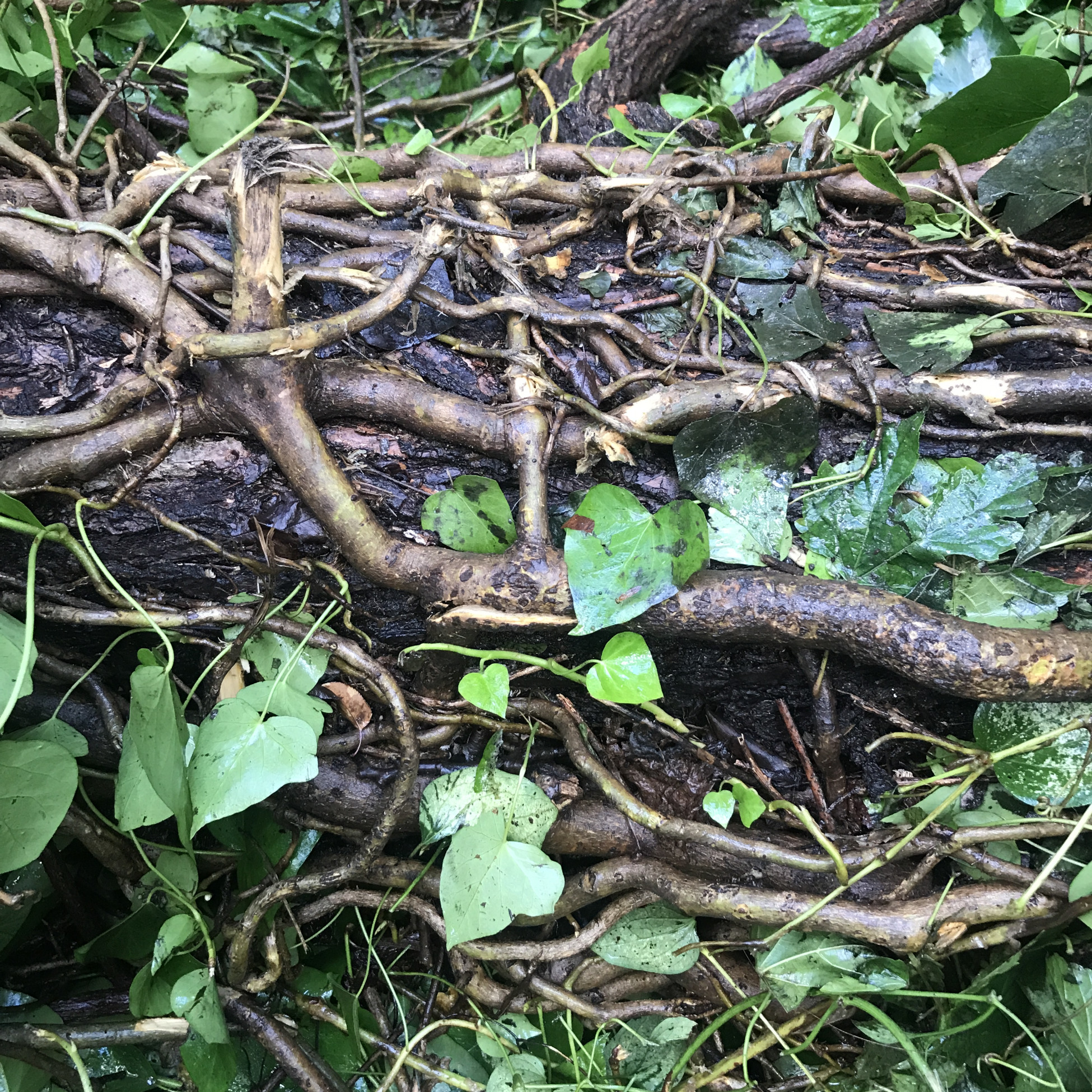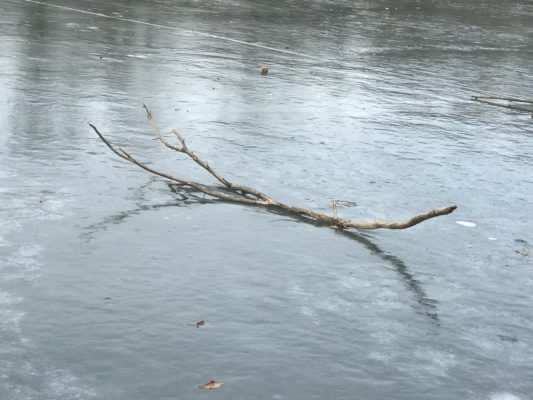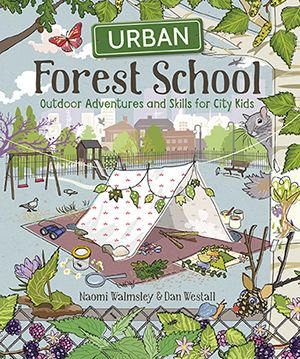
Anand Pandian
Forum Replies Created
-
Anand Pandian
AdministratorSeptember 29, 2025 at 10:47 pm in reply to: Wounds of the earth, wounds of the bodytest
-
Anand Pandian
AdministratorSeptember 12, 2024 at 3:19 pm in reply to: open-sourcing design for farming practicesFYI, an upcoming conference on open agricultural technology
https://goatech.org/2024/07/08/goat-2024/
-
A great discussion about the book: the concept of an imperial mode of living, Saito’s critique of Marx and his critique of contemporary constructions of the future, as well as the strategies of collective organizing he suggests as pathways toward a viable degrowth communism. We talked about the stagnation of capitalist economies around the world, slowing down as a phenomenon already underway, about the limits of both productivism and a kind of Promethean modernism, and about tensions and impasses between individual and collective self-understanding. Lastly, we talked about failures in contemporary imagination and the need to shift the parameters of reality to think beyond capitalism, which is related directly to our hopes with the EDC of working together to recuperate other futures, lean into practices of materially remaking the world, and working with cities and localities as arenas of engagement. I may continue to share more thoughts here; please feel free to join in…
-
Anand Pandian
AdministratorFebruary 19, 2024 at 5:08 pm in reply to: Entangled Life by Merlin SheldrakeA great conversation today about Entangled Life, thanks to all who joined! Folks out there, have you been reading this book, do you have thoughts you might share? We talked today about the broader relationships that shape us without our awareness or acknowledgment; the invitations the book makes to imagine our shared existence otherwise, through engaging metaphors, for example, or unusual verbs like felting or decanting; the resonances between mycelial ecologies and creative practices like art or poetry; the limits of a language of the non-human that reduces beings to “it”s; what the book might portend for the future, for how we understand networks and how to practice them differently.
-
Anand Pandian
AdministratorJanuary 24, 2024 at 2:12 pm in reply to: Ministry for the Future by Kim Stanley RobinsonWhat a great live discussion today! Thanks to everyone who attended. Folks who are interested in this book but couldn’t be there with us, here are some of the things we talked about, please feel free to chime in and we can continue the discussion here.
We talked a lot about transition and what propels radical change, whether events like a terrible heat wave, or shifts of prevailing narrative and imagination. The book gives us a picture of technological hinges, like the invention of the carbon coin, but there is also something more intangible at work here, as @Sue reminded us, a commitment to assigning value to future people, in the face of all these inherited ways of discounting the value of future generations. We talked about the challenge of nurturing such connections to future descendants through practices in the present such as care, support, and community, as we see with Mary and Frank in the book. And the way in which attending to such care changes our sense of what to look for in a narrative, especially an Anthropocene narrative, with the invitation of Amitav Ghosh and others to think beyond hero stories. Here, we find protagonists who are present more as witnesses than as heroes, who engage in small acts of care and afford us witness to the momentum of systemic shifts. For the radical changes documented in the book happen through an accumulation of acts, often clandestine, propelling unexpected change.
-
Anand Pandian
AdministratorDecember 19, 2023 at 8:31 am in reply to: ISO Website developer/maintenanceHi Pam, happy to recommend the Tirana-based developers we work with for the EDC: cloud68.co does our web hosting, and @elvis of Sfida.pro develops and manages WordPress sites and has helped us greatly in that way. Best of luck!
-
The workshop with Jason Davis this afternoon was amazing. The prompts brought a story to mind.
My name is Anand and I’m from Baltimore. I haven’t always been from Baltimore; my family is from south India and I grew up in California. My wife and I moved here for work about fifteen years ago now, but our kids were born here, we’ve lived in the same house and walked the same sidewalks and trails through the woods for many years now, and over these years in our adopted home, no longer quite as newcomers, we’ve also come to see what change feels like on the ground and in the air.
I remember so vividly what happened one winter at Lake Roland, a few miles north of where we live in the city. I’d gone out there one afternoon with my son and daughter to walk one of trails around the reservoir, built more than a century ago. It was a really cold winter, or at least an intense cold snap in the midst of that winter, and the lake had frozen over, had mostly become a flat sheet of ice. This may have happened a lot in the past, I don’t know. But it was a big deal that year, people were talking about it, and we went to take a look.
We spent a lot of time that afternoon just throwing things across the water: small branches, rocks, and whatever else seemed to have enough mass to launch well across the ice. The ice was thicker in some places, thinner than others, and the way that the sound changed while these things sped across the ice, the shifting tone of that resonance and reverberation through the air across and the ice and water below, it was amazing to take it, it felt musical, that vibration, in itself.
But all of this is just a prelude to what I wanted to share, a moment that I hope never to forget. As we rounded a bend around that small lake, picking our way carefully through the frozen earth hidden under the crisp fallen leaves, we were startled by the sight of a movement across the ice that had nothing to do with our antics. Two foxes had appeared all at once on the ice, one chasing the other across the wide span of the lake, racing across that white expanse then disappearing into the brown trees beyond.
The sight of them was a marvel. The fact that they too could move so easily across the ice was riveting to us. The freedom in that movement, the effortlessness of their passage across the ice, that too was gripping somehow, so unlike our tedious tromping down that frozen trail.
This is a story about ice and cold, not about fire and heat. But I think that my recollection of that moment is tinged deeply with a sense of how precarious the simple fact of winter has become, the very idea of that season. Because so much of our time together in the winter, my children and I, has been about the unusual wonders of those months: sledding down the small hill down the road from our house, throwing balls of snow at each other in cackling fits of running and stumbling through the those winter heaps, even the work of having to scrape and shovel the sidewalks together. Nothing to take for granted here, anymore.
The uncertainty that begins to set in every year, this time of year: What will it be like? Will we have a real winter? Will we have snow? Those foxes on the ice spoke to the hope in all those questions, somehow.
-
Hi all, my name is Anand, I teach anthropology at Johns Hopkins University with a special interest in speculative storytelling, and I’m really excited for this imaginarium!
-
Anand Pandian
AdministratorOctober 18, 2023 at 1:22 pm in reply to: Language/the beauty of the cycle…a collection of essays en route!A topic much on my mind and I’d love to keep trading references here. The first book that comes to mind is The Way of All Flesh: The Romance of Ruins by Midas Dekker, a book of essays, very well-written. It reads at times like the musings of a grumpy misanthropic man. But there’s also a lucidity to many of the sentences, which come across as stark and blunt truths as they meander through nature and architecture and art and biology and the science of decay. Like this passage–
“If you imagine life as a cycle, then the infant is followed by the child, the child by the adult and the adult by the old man; but after the old man comes the infant again. Les extrêmes se touchent. Old people and children have always had a special bond. Grandchildren usually get along with their grandparents as well as their grandparents get along with them. What one cannot yet do well, the other can no longer do well. While one crawls because its legges are still rubbery, the other walks bandy-legged because its legs have become brittle. Young and old are literally and figuratively more earth-bound, more animal-like; sometimes both wear nappies; they’re friends in fate. They both face the unknown.”
-
Hi Brian, thanks! This is such a crucial topic. I’ve been reading work by the Romanian economist Nicholas Georgescu-Roegen, who tried to bring entropy and energy dissipation into focus in economics. He’s been an important inspiration for the degrowth movement. He challenges the idea of a steady-state system as a kind of fiction. There is always some kind of dissipation, entropy, loss, and so for a system to be truly sustainable, it must be open to an outside flow in some way. This is what the sun is for us generally, and so solar influx is one kind of resource to design with. But I also wonder about other forms of available energy, like the energy generated by kinetic movement. There are watches, for example, that are powered by the movement of those who wear them. I wonder if one could begin to imagine electronics also powered by incidental kinetic movement, or other forms of energy already out there in the world.
-
Such a crucial topic, thanks Nicole! I’m reminded of the book Urban Forest School that was published a couple of years ago, have you seen it? Very much an activity book, lots of cool strategies and openings. It was a good resource during the pandemic.
https://www.gmcbooks.com/urban-forest-school/
gmcbooks.com
Is the view from your window more concrete than countryside and are you more familiar with graffiti than green grass? Just because you live in a town or city, it doesn't mean that learning about wildlife, nature and the great … Continue reading
-
-
Anand Pandian
AdministratorAugust 19, 2023 at 5:11 pm in reply to: The project of this community spaceFolks, I’ve been thinking for awhile that it’d be good to have a book-related group or space on this platform. Something like an EDC Book Club? A space to share books that we are reading, or that feel relevant, and, ideally, working toward monthly conversations and maybe even with authors invited. What do you think? Would you be interested? @kroome starting a thread on this here to pick up the idea and enthusiasm thanks!
-
Anand Pandian
AdministratorFebruary 2, 2024 at 9:57 am in reply to: Ministry for the Future by Kim Stanley RobinsonTotally agreed, on the importance of all the relational and imaginative work it took to get to those interventions. Any change would require this. I was thinking about why these specific technologies were the ultimate fulcrum. You can organize collectively toward a commitment to many kinds of “instruments,” if you will. These seemed to have about them the gloss of a technofix, that’s all…
-
Anand Pandian
AdministratorJanuary 31, 2024 at 10:04 pm in reply to: Ministry for the Future by Kim Stanley RobinsonThanks Susan. The “magic pill” quality of both the carbon coin and the geoengineering experiments was the one aspect of the book I was most reluctant to go along with. Good to know he’s continuing to weigh these matters.




